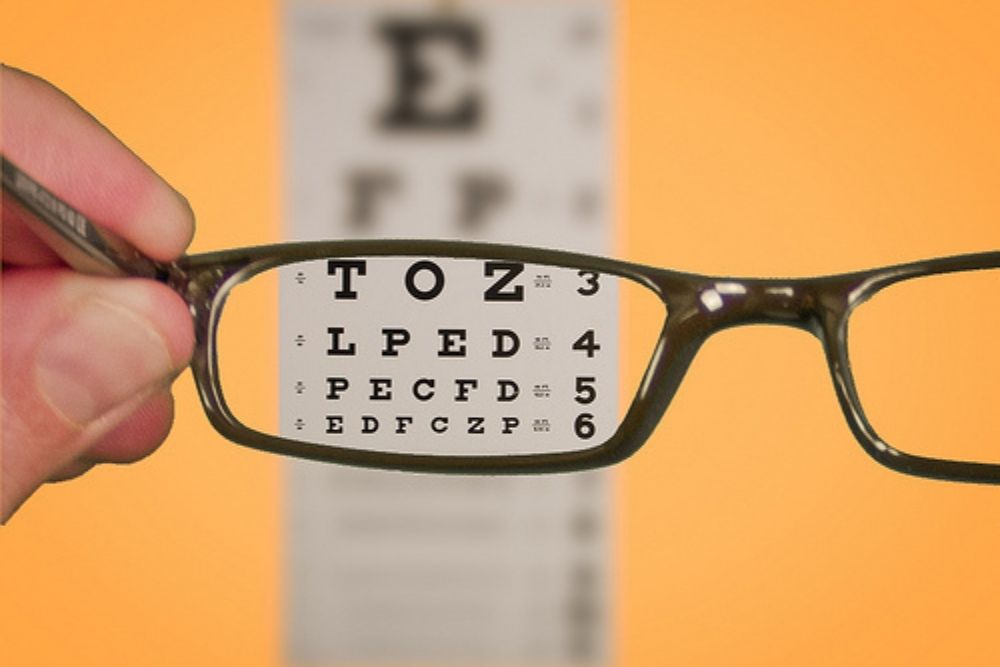Blurry vision can affect anyone including children which you will not expect. Blurry vision occurs due to refractive error such as astigmatism, hyperopia or farsightedness, myopia or nearsightedness, or presbyopia. There are circumstances that a blurry vision signifies a severe eye condition.
Most people worry about having blurry vision. The solution to blurry vision is very simple because all you have to do is get your eyes checked. The common solution is prescription lenses which can help in correcting the ways your eyes direct light to the retina and clears your vision at multiple distances.
You will be needing glasses depending if you have a refractive error, eye disease, or another issue. It is important to know the purpose of glasses. It is often suitable to use prescription lenses for refractive errors. You might need another treatment if you have eye diseases such as AMD or cataracts. Make sure to visit your optometrist if you woke up with a blurry vision in one eye and any other symptoms of vision loss.

Why Is My Vision Blurry When I Have Refractive Error?
An eye exam is a must to know if you have a refractive error. If you have blurry vision in one or both eyes, corrective lenses can benefit you. Make sure to get the right prescription because the prescription levels of people are different. Blurry vision is one of the well-known symptoms of having the refractive error.
Astigmatism occurs when your cornea is in an abnormal form which prevents your eyes from concentrating light on the retina that causes blurry vision, eye irritation, and headaches. It is common for people with astigmatism to have other refractive errors such as hyperopia or myopia.
Hyperopia can make your near vision blurry. In the case of myopia, blurry vision is one of the indicators of having this condition. Presbyopia usually occurs after age 40. Visit an eye doctor if you have any of these refractive errors to address them with the help of contact lenses or glasses.

Blurry Vision Associated With Eye Diseases
There may be cases where a blurry vision can indicate eye disease or other eye complications. A retinal detachment can cause vision problems. You may want to watch for the following conditions:
- Age-related Macular Degeneration can lead to warped or blurry vision. It is a dangerous eye condition because it is one of the major causes of blindness above age 50.
- Cataracts cause cloudy vision in one eye or both eyes which hinders you to view with a clear vision.
- Glaucoma causes sudden blurry vision in one eye or both eyes because of the increased eye pressure.
Contact an eye doctor to find the appropriate and best treatment for your condition.



